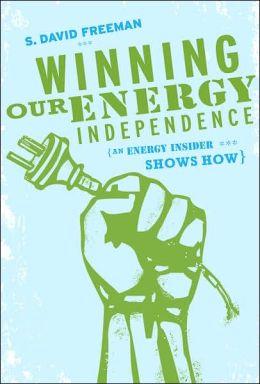Road trip to Callaway Gardens for the annual question time with Tom Fanning, questions provided by environmentalists and Southern Company (SO) stockholders from at least four states.
 This figure from page ii of the meeting Notice illustrates both the problem and the solution for Southern Company.
Natural gas has replaced coal as SO’s top energy source, and Nuclear is still
in there.
But renewables are up to 4%.
And over on the right of the same page:
This figure from page ii of the meeting Notice illustrates both the problem and the solution for Southern Company.
Natural gas has replaced coal as SO’s top energy source, and Nuclear is still
in there.
But renewables are up to 4%.
And over on the right of the same page:
- Growth in Renewables
Approximately 3,800 megawatts of announced or added renewable capacity since 2012. This includes the development of what is expected to be the largest voluntary solar portfolio in the U.S. (at Georgia Power Company).
Interesting use of “voluntary”, but never mind that. If SO keeps that up, it will Continue reading







